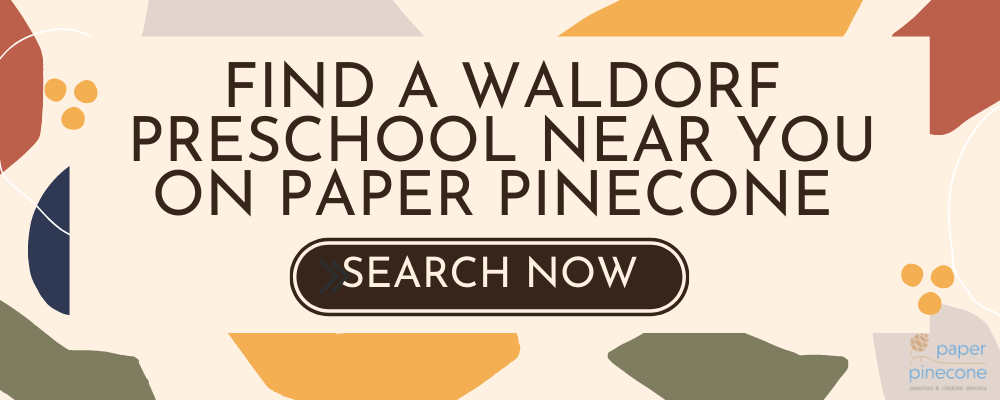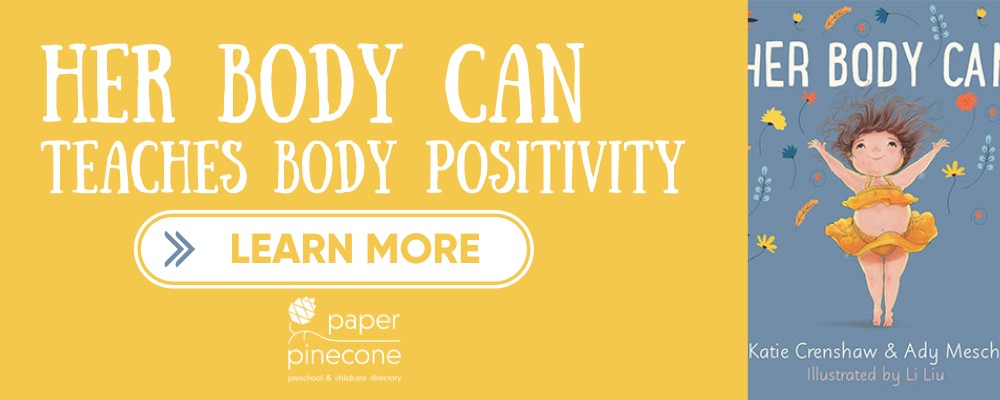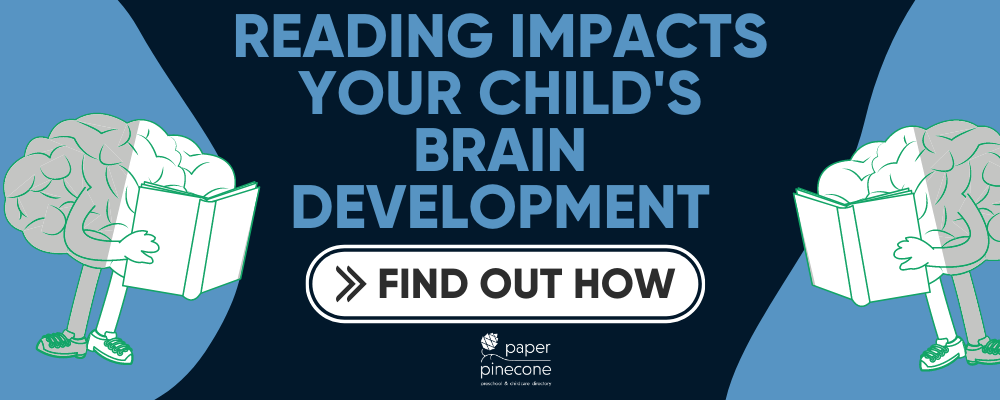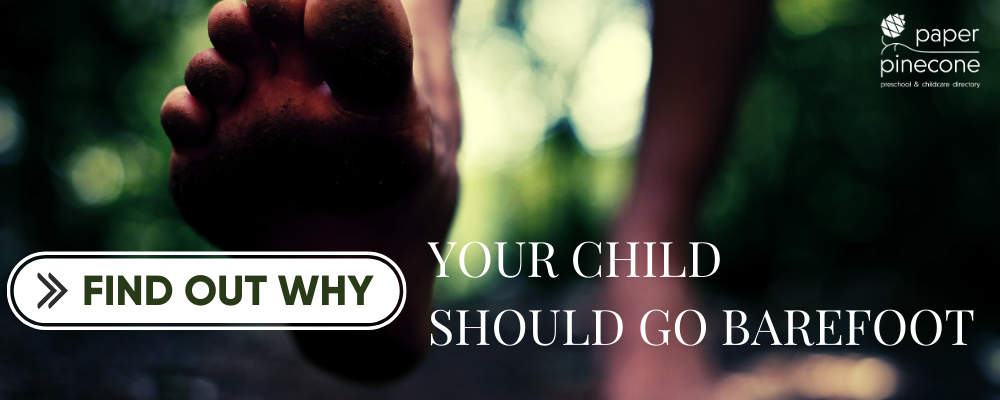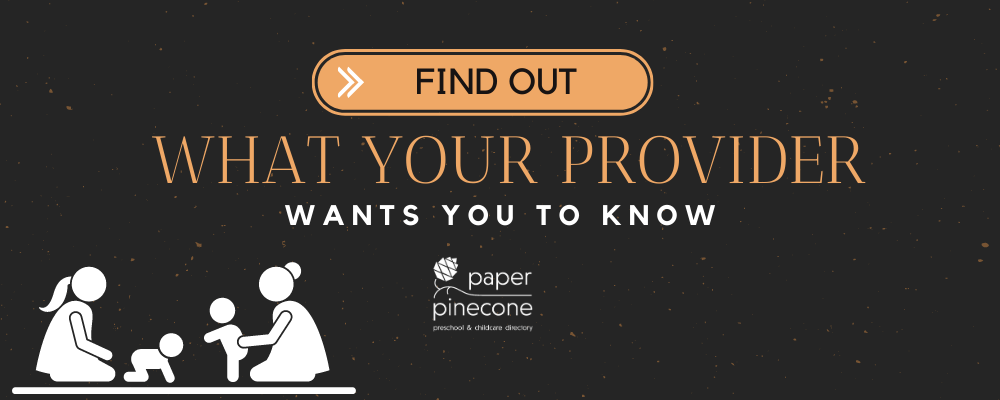The Waldorf Philosophy for Preschool & Beyond
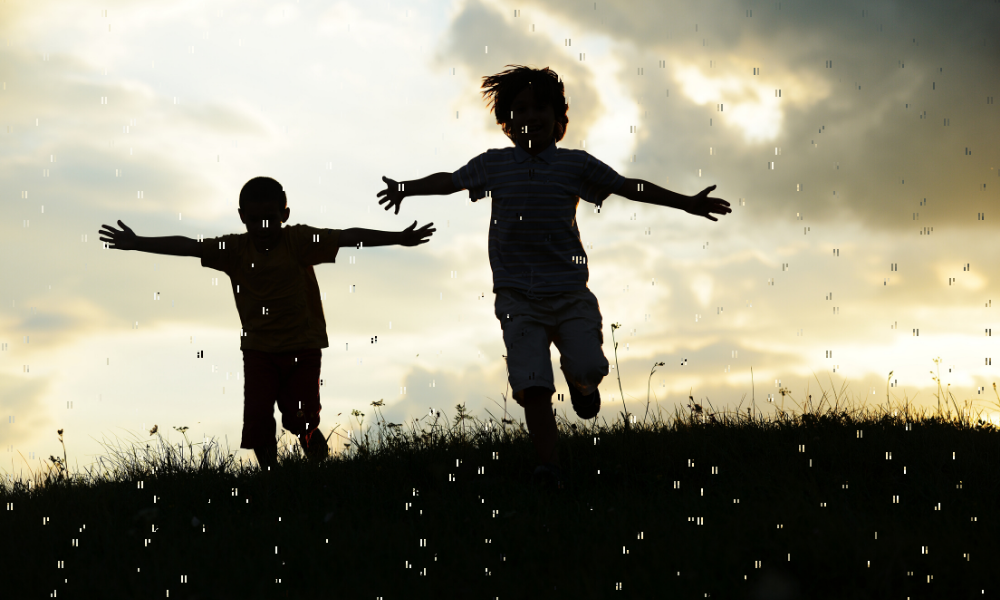
Published Date: 07/13/20
Finding the right preschool for your child may feel like an overwhelming task. With so many different preschool philosophies, how do you know what’s right? You can start by reading our thoughts on how to pick the perfect preschool and asking the right questions on tours.
You can also gain a deeper understanding of different pedagogies, like Montessori, Reggio Emilia, and nature-based programs. While some parents don’t put much focus on a preschool’s approach to early childhood education, it’s should be an at the forefront of your considerations when choosing a place for your child. Fundamentally, how children learn is probably more important than what they learn. A high-quality preschool puts significant thought and attention into helping children learn how to learn – that is, how to think critically, problem solve, and ask questions, rather than rote memorization of facts. Of course, children need to, and will, learn ABCs and such, but they also need to learn to continually ask, “why?” something occurs. That’s not to say that preschools that don’t strictly adhere to an early childhood education philosophy aren’t high-quality – on the contrary, there are many that are. But like those that do, they should have a strong curriculum that fosters social and emotional development and sparks a love of learning.
Today we’ll give you an in-depth look at Waldorf preschools and the overall approach to early childhood education, a philosophy that strictly emphasizes a screen-free environment and an open learning style through arts, outdoor play, and spirituality, though not in a religious context.
What is the Waldorf Philosophy?
The Waldorf philosophy of education is known as a complete way of life that extends into the home and family with a warm, nurturing school environment. They believe that the process of learning is a journey that starts at the birth of every individual and eventually ends at the time of death. They also seek to educate a child's heart and body with a creative mind and soul. Hence, Waldorf education tailors their teaching and curriculum on the bases of three distinct developmental stages that each evolves as childhood unfolds. Birth to age seven is considered early childhood, seven to 14 is known as middle childhood, and 14 to 21 is considered as adolescence.
Waldorf education focuses on each developmental stage because they place great importance on the idea that every child learns about themselves and their place in the world after passing through these stages. As a result, it changes the way children learn intellectually, emotionally, physically, and spiritually. This is a clear departure from traditional education.
The Mastermind behind Waldorf Education
The first Waldorf school was founded in Germany in 1919 by Austrian philosopher and social reformer Rudolf Steiner. He coined the term anthroposophy – the belief that an objective, intellectually comprehensible spiritual world exists and is accessible to humans – and is considered as the mastermind behind the Waldorf philosophy. Steiner based his educational approach on the idea that each of us is a spiritual being with the power to change the world. He insisted that his teachers should understand and react according to the developmental needs of the children and believed in the concept of nurturing all aspects of a child's life. And due to his unique vision, the school made a name for itself.
"Eco friendly, safe, bpa-free - bamboo plates with lids"
How many Waldorf Schools exist today?
You may be surprised to know that Waldorf schools are found in approximately 60 different countries around the world. The New York Times reported that there are currently 125 Waldorf schools in the United States and over 3,000 across the world, the majority of which focus on the first stage of child development. However, the philosophy is most popular in European countries and it influences many of their public schools. Waldorf charter schools are starting to spring up in places across the U.S.
Who is it for?
Parents may choose a Waldorf preschool because they want to help develop their child’s individualism and want a preschool that teaches kids how to think, not what to think. Rather than fitting into one specific niche, Waldorf preschools help steer children into individual journeys. They seek to produce confident individuals with an innate curiosity and love of learning who are well-equipped to rely on their own instincts.
Waldorf Preschools
Walford preschools are entirely play-based environments. A daily rhythm is used to provide structure and predictability, however self-directed play is at the core. Children are encouraged to explore their environment, take healthy risks, and partake in meaningful work, such as gardening and cooking, and other practical experiences.
Children are often not introduced to any academic concepts, including basics like writing letters in a Waldorf preschool.
The day may incorporate music, art, and games to foster the child’s imagination. It’s notable that in many Waldorf preschools, you won’t find any books. Instead, great emphasis is placed on storytelling and dramatic play to develop creativity.
Social emotional learning in Waldorf preschool is often taught through the five core competencies - self-awareness, self-management, social awareness, relationship skills, and responsible decision making.
Key Facts about the Waldorf Philosophy
- Waldorf schools are individually owned and operated which means they are not a franchise operation.
- Schools usually start at the pre-kindergarten level, however, some also offer Waldorf preschool or toddler programs.
- Waldorf schools usually follow a private system, but more Waldorf charters are opening in the United States.
- Traditional grading systems are not permitted in most Waldorf schools. They usually have end-of-year assessments, which encourage children to learn more.
- Teaching in Waldorf schools is completely child-centered which means the child often stays with the same teacher from 1st up to 8th grade.
- Waldorf inspires the students to develop their imaginations by creating their own materials.
- English language and writing, arts and poetry, drama and history, foreign languages and mathematics, geography and the sciences are all main parts in Waldorf's school curriculum.
- The basics of reading are not usually taught to children till first grade.
- Waldorf schools do not usually allow textbooks until sixth grade.
- For the most part, media tools are banned for students in Waldorf's learning environment until the fifth grade.
Pros and Cons of the Waldorf Philosophy:
As with any approach to education, there are pros and cons that exist. Importantly, those pros and cons will be different for every child and every family, as every child should be viewed as an individual and a blanket approach to education fails children. This list does not provide pros and cons as we see them, but details about the Waldorf approach that you may find positive or negative.
- Children learn everything at their own pace: In our modern world of frenzied environment, pushing children to “hurry up or fall behind” has become the norm. On the contrary, Waldorf schools take the point of view that childhood is something to be appreciated and children need to learn everything at their own pace.
- Waldorf school focus on creative side of children: Remember, creative play and reading activities help exercise your child’s “right side” of the brain, leading to overall healthy brain development. In a Waldorf school you won’t find young children hovering around a computer in a classroom because they focus on healthy brain development through the creative learning process.
- Children attain positive reinforcement: Studies have shown that children learn best through constant positive reinforcements. So, Waldorf's philosophy promotes it through an encouraging environment where the child's feelings are acknowledged and respected. The Waldorf teacher carefully guides and directs their students by showing them plenty of respect.
- Children create their own textbooks: From exploring the alphabet in pre-kindergarten to discovering the toughest subjects like algebra, anatomy, and history in the eighth grade, Waldorf encourages children to take part in the learning process by creating their own textbooks all the way up through their high school studies.
- The Waldorf philosophy integrates arts across the curriculum: Some people erroneously believe that Waldorf schools are art schools because of their fine, practical, and performing arts curriculum. However, it doesn't mean that Waldorf students cannot make a career in other fields. Their main goal is to produce creative thinkers. Interestingly, it’s actually the sciences that become a career choice for many Waldorf school alumni because Waldorf's philosophy develops unique interest in their students through years of exploration, invention, and discovery.
- The Waldorf philosophy seeks to produce confident individuals: The main focus of Waldorf Education is to provide a wide range of experiences for children so they can develop numerous interests and capabilities from initial stages of life. Eventually, the concept leads to well-balanced individuals who maintain high levels of confidence in their abilities to master anything in life.
- Electronic media use is not permitted: Everyone has their preferences in terms of evolving the learning journey of their children. If you believe that technology is important for your child's learning experiences, then Waldorf's philosophy may not be an ideal option for you. Their schools have quite a strict policy against media tools till fifth grade. However, sixth-grade students are permitted to access movies and TV while cellphones are allowed for emergency circumstances only. Internet use and video games are also prohibited for students until they are in high school. Their use at home is highly discouraged.
- The traditional learning experience does not occur: The educational system in the United States follows some specific standards for learning progress that can be important to some parents and families. However, Waldorf's philosophy does not follow these traditional learning approaches to core subjects like reading, writing, and mathematics. So, Waldorf School is definitely not the best option for parents who admire conventional educational benchmarks. If you’re a parent who evaluates your child’s progress based on their peers, you may struggle when pre-literacy skills aren’t the focus in Waldorf preschool.
- Waldorf discourages competition among peer students: The Waldorf philosophy focuses more on self-discovery rather than competition. That's why traditional grading systems are not used in most Waldorf schools. They typically have end-of-year assessments, which encourage children to learn more. To prevent negative feelings among peer students, they also do not encourage sports and other competitions in children.
- Standardized testing is not a part of their curriculum: Standardized testing is used to determine where students perform better academically, where they need some more attention in relation to other children their age across the country and is used to determine funding for school. Some place significant value on standardized tests while others don’t see their benefit. Most Waldorf schools eschew all standardized testing.
- Switching school can be a hassle: If for any reason you want to change the school of your child then the situation may be difficult if you continue in the system beyond Waldorf preschool. Because children learn at their own pace, you may find your child is ahead or behind in certain subjects as compared to their peers in traditional school. This may lead to difficulty determining the correct grade for your child. Your child also may have trouble adjusting to a traditional school after attending a Waldorf school.
Finding a great preschool for takes careful consideration of your family, your values, and the environment best suited for your child. A Waldorf preschool is a great option for many families who are looking for a play-based environment free for academic pressure with a strong social emotional component. Search our site for Waldorf preschools in your area.
FAQS About Waldorf Preschool
Q: What's the difference between Waldorf and Montessori preschool?Both Waldorf and Montessori preschools can provide be excellent preschool philosophies. Montessori education was founded by Dr. Maria Montessori and has a strong focus on developing a child's independence and practical life experiences. Waldorf education founded by Rudolf Steiner, focuses on developing a child's imagination and puts less emphasis on academic pursuits. Both are play-based and child-led and both Waldorf and Montessori programs stress a child's connection to the natural world. Waldorf education generally incorporates more art, though Montessori preschools also include in. The view of practical life differs, with Waldorf including activities like woodworking and gardening and Montessori stressing self care and care of the environment to develop a sense of responsibility and independence.
Q: Does Waldorf education work?Waldorf, like all educational philosophies, provides a framework but in practice, it is only as good as the teachers and school administration. That said, a 5-year study done by Stanford University reviewed data from over 118,000 students in the Sacramento Unified School District. Specifically, they assessed student engagement (love of learning), behavior problems resulting in suspension, and performance on standardized tests. Their results found significant benefits to Waldorf education, including higher standardized test scores, a lower incidence of disciplinary action, and better student engagement.
In our professional opinion, educational approaches like Waldorf in early childhood and beyond that utilize hands-on learning and have a strong emphasis on social emotional development generally result in better developmental outcomes for students. It's important to note, however, that parent involvement in a child's education is the most important factor in a student's success, and often parents who opt for nontraditional educational routes are highly involved. Low-income families and English language learners frequently don't have the same opportunity for a high level of involvement in a child's education because of work schedules and language barriers. This contributes to the enormous discrepancy in educational outcomes between children of color and white children and across income brackets and more must be done to address it.
Q: What is Waldorf parenting?Waldorf parenting is an approach to raising children that incorporates principles from Waldorf schools. It relies on conscious parenting, where parents set aside their egos and focus on their own language and behaviors. In Waldorf parenting, the parent is the authority and sets clear limitations, expectations, and boundaries. Parents lead by action, rather than words, consistency and routine is practiced, and compassionate approaches to discipline with out punishments.
Paper Pinecone is the #1 most trusted childcare directory giving parents access to the best preschools and best daycares near you. Parents always search free and childcare providers always list free. Send inquiries about the best daycares and preschools to [email protected].
- stacey's blog
- Log in or register to post comments
